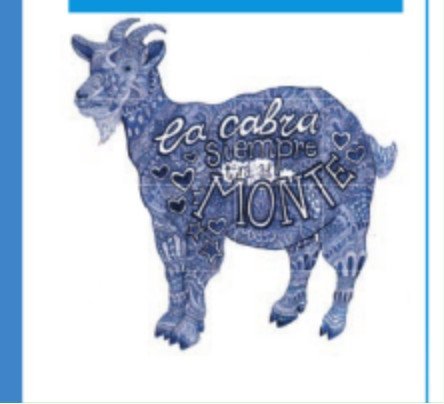The German economy slowed down in 2022, but it managed to grow by 1.9% above the expected rate and, on the subject of energy, it has done its homework, with gas reserves exceeding 90%.
This resilience has become tangible in this ‘economy of war and savings’, which the Germans have carried out during this year of conflict, in which German inflation has gone back to the levels of 1949.
The average German has changed their fruit and vegetable purchasing habits. Consumers’ greater concern about the price has even penalised some bio categories on the supermarket shelves, which have been replaced by conventional produce, and not precisely with the same product. All for the sake of household savings.
With less money in their pockets and inflation that has reached two-digit figures, at 10.7%, German buyers have reduced their purchases, which has meant an 8% drop in conventional products and 5.5% in biological produce. All of the above, taking into consideration that it is the largest European purchaser of ecological fruit and vegetables.
Furthermore, if the discount stores, with their own German chains Aldi and Lidl, already had their own deeply implanted market share, they are now recording a solid strengthening in a clear struggle with the other chains which, covertly glancing at them, have had to adapt their prices, using offers and promotions in order to not lose clients. In general, the market is in a sluggish situation and the German Government is weighing up taking the same step as some other countries, such as dropping VAT.
The consensus now is that a deep recession, such as the ones deriving from the financial crisis or the pandemic, will not occur in either Germany or in the Eurozone, although we should be cautious because a strategic change in the Ukraine conflict or a worsening of the wave of Covid in China could disrupt the supply chains. Added to this is the more than possible option that inflation might remain high, in spite of the steps being enacted by the European Central Bank in Frankfurt to cool down the economy.











